Carbohydrates are a major source of energy for the human body. They are extremely important for the human body. Carbohydrates perform important biological functions in our body.
Slow carbs break down longer and are digested more slowly. In the body, slow carbohydrates are absorbed in about two or two hours and a half. This does not produce excess insulin.
This does not provoke sudden changes in blood sugar levels. That is why they are called low glycemic index carbohydrates.
Slow-carb consumption helps control blood sugar and reduces hunger.
Prolonged absorption of slow carbohydrates provides a measured flow of energy between regular meals.
Nutritionists recommend that people suffering from overweight, diabetes and digestive problems should eat slow carbs. This should become a routine for them.
Eating more slow carbs is recommended and is also suitable for completely healthy people. Athletes also prefer a low carb diet.
Experts recommend consuming slow carbohydrates in the morning and at noon.
You can easily get slow carbs every day. They are found in many foods.
Foods with complex carbohydrates are dairy products, vegetables, fruit and whole grains.
Dairy products
They are a natural source of slow carbs. The most suitable dairy products for obtaining slow carbohydrates are soy milk, skim milk, dairy products to which no sweetener and sugar are added.
Vegetables

Slow carbs can be obtained from the following vegetables - broccoli, peas, carrots, onions, red peppers, red potatoes, eggplants, tomatoes, cauliflower, green beans, lettuce.
Fruit
With a low glycemic index are the following fruit - pears, cherries, kiwi, grapes, peaches, apples, oranges, grapefruit and prunes.
Whole grains

Slow carbohydrates are found in rye, oats, quinoa, spaghetti, oatmeal, barley, oat bran, whole grain bread and brown rice.
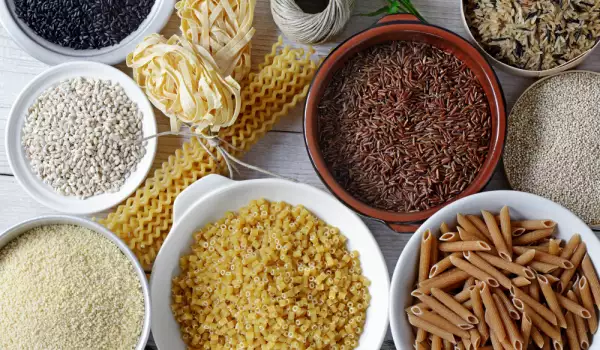

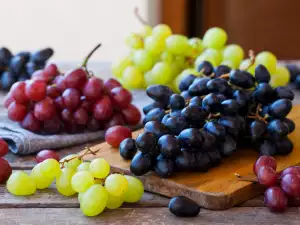
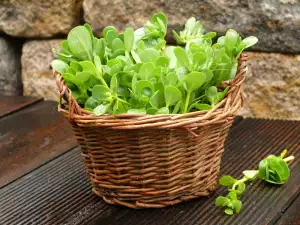
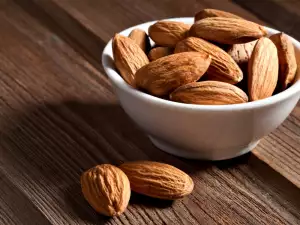
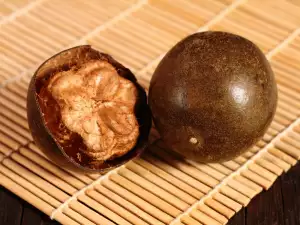

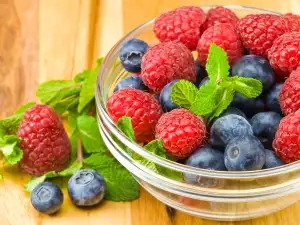

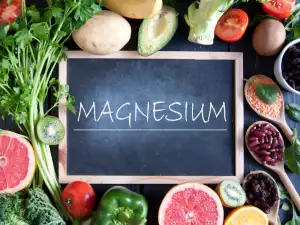
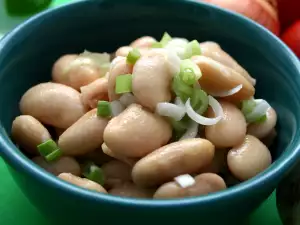

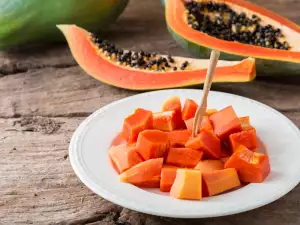
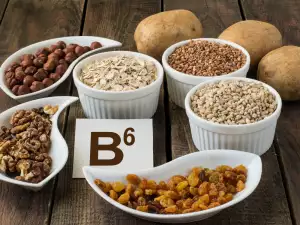

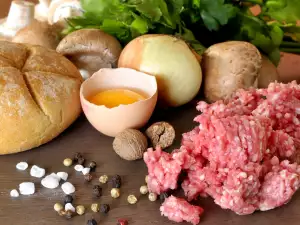




Comments